Breast augmentation is a major cosmetic surgery procedure that will dramatically enhance a patient’s breast appearance. It is vital for a  patient to choose a surgeon with the right qualifications and experience to minimize her chances of complications from surgery.
patient to choose a surgeon with the right qualifications and experience to minimize her chances of complications from surgery.
Committed board certified plastic surgeon Dr. Suzanne Quardt (Dr. Q) provides breast augmentation to patients in Palm Springs, Palm Desert, Rancho Mirage, and surrounding locations in this part of the southwest.
Post-Op Complications
The complications arising from breast enhancement plastic surgery range in severity. A majority of patients may receive additional surgery at some juncture in the normal course of life to replace their implants. However, untimely or unexpected complications may include:
Capsular Contracture
When the body recovers following breast augmentation, scar tissue known as capsule develops naturally around the implant. The capsule may contract which will exert excessive strain on the implant.
This will lead to discomfort, pain, breast hardening, or a misshapen breast. The surgeon may recommend the placement of the implant beneath the pectoral muscle to prevent the occurrence of capsular contracture.
The “Baker Grading System” establishes the severity level of the capsular contracture ranging from grades one through four with four being the most severe. To address this condition, the surgeon will carry out either an open capsulotomy to dislodge the scar tissue or a capsulectomy to excise the scar tissue entirely.
Rippling
In rippling, the breast implant becomes folded or wrinkled which causes the breast to appear misshapen on the surface. The surgeon may recommend the placement of a silicone-gel implant so that the implant does not move around freely, or a smooth-surfaced implant to prevent rippling.
Infection
Any type of surgery has an inherent risk of infection, including breast augmentation surgery. In case the patient has a fever or notices redness, tenderness, or inflammation in the breasts, an infection may be the reason behind it.
Hematoma
Hematoma (bruising) is the accumulation of blood which can cause complications in the breast implant, including capsular contracture and infection. Some bruising after breast enhancement surgery is normal. But in case of excessive bruising, the surgeon may need to drain it to ensure proper healing.
Numbness or Sensitive Nipples
Certain patients experience loss in nipple sensation or intense nipple sensation for years following breast implant surgery. This occurs when the nerve pathways sustain damage during the breast augmentation procedure.
Displacement
It is extremely rare for patients to experience displacement or moving of the implant from its original location. However, in some patients, it occurs in the days after the enhancement procedure. Women with large implants are more susceptible to this risk. Displacement will require surgical intervention.
Implant Rupture
Saline or silicone breast implants pose a risk of implant rupture. Silicone implants do not present any apparent signs of rupture. Therefore, the patient may have to undergo routine MRI checkups. But in case the saline implant ruptures, it will lead to rapid leakage, and the breast will deflate quickly making it very noticeable to the patient.
Interference with Mammograms
Breast implants may lead to obstruction in a mammogram because the x-ray machine cannot capture anything beneath the implant. The surgeon may recommend breast implant placement underneath the pectoral muscle. The patient should inform the mammogram technician of the presence of implants so that they can make the necessary adjustments.
Astute cosmetic surgeon Dr. Q receives patients from Palm Springs, Palm Desert, Rancho Mirage, and other suburbs and neighborhoods in this region of SoCal.
To learn more about the plastic surgery treatments and procedures performed by Dr. Suzanne Quardt (Dr. Q) please contact us at 760-324-2660. To learn more about Dr. Q’s Medical Spa please visit drqmedicalspa.com


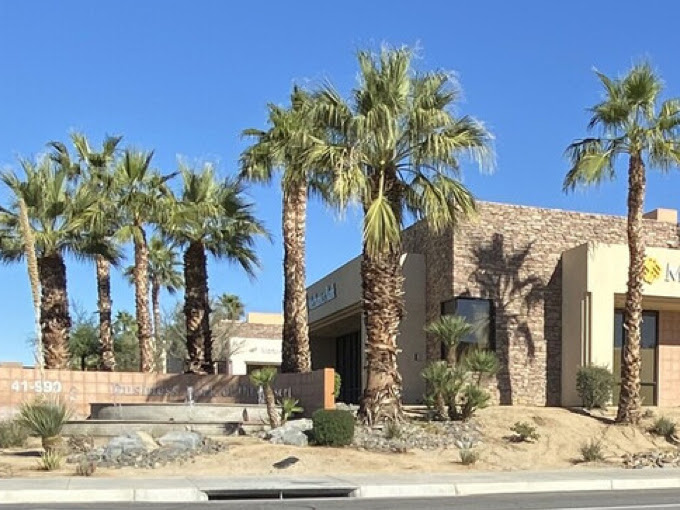
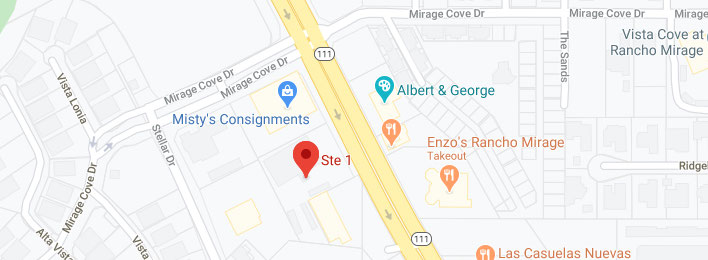
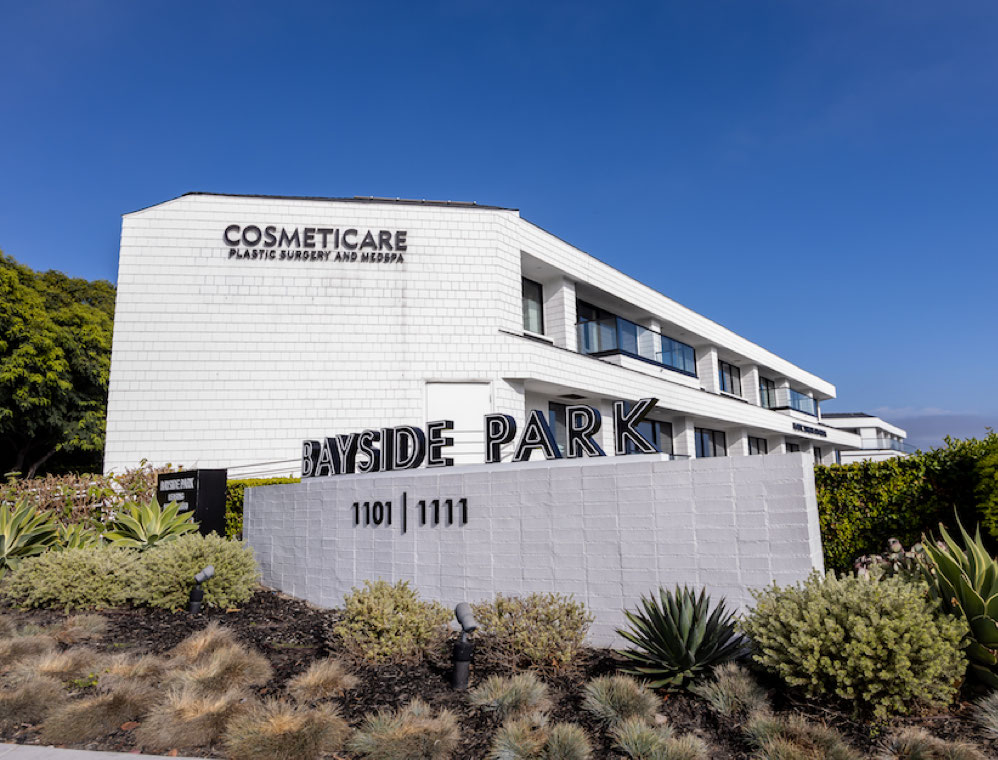

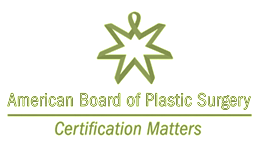
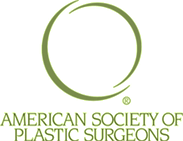

Schedule a Consultation: (760) 537.4579